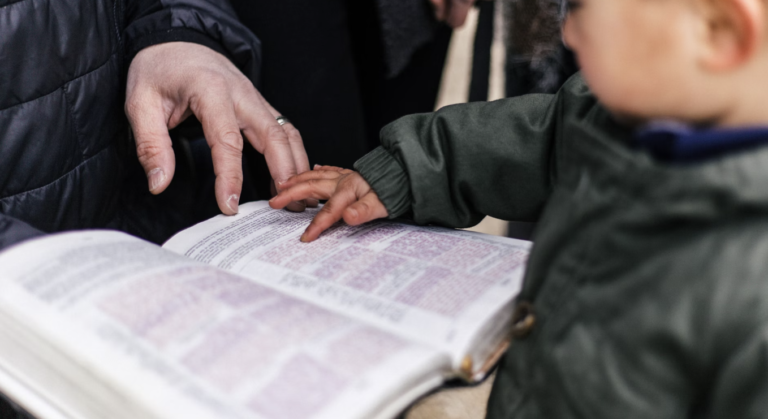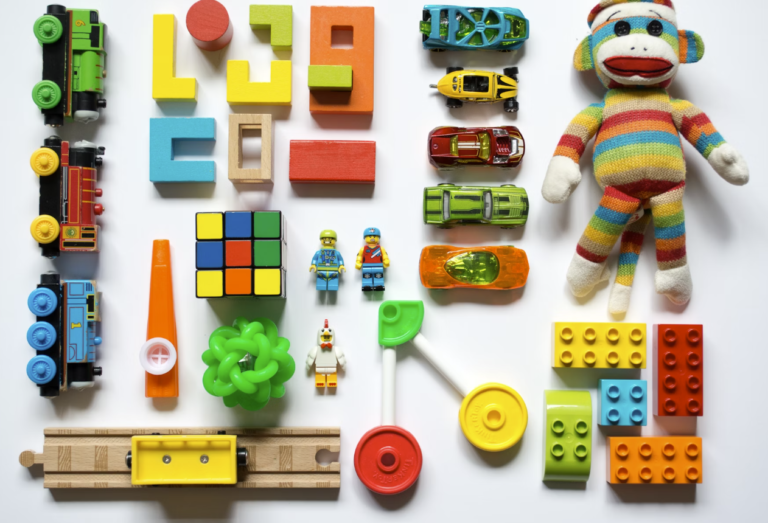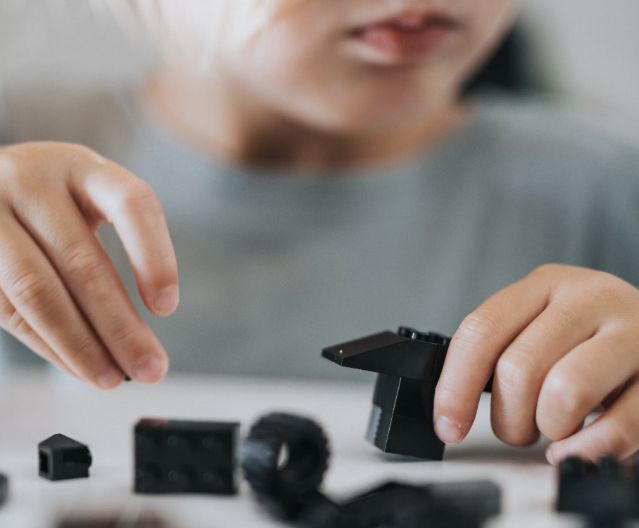Are you curious about the meaning behind the term “Montessori”? Well, you’re in the right place! In this article, we’ll delve into the fascinating world of Montessori education and uncover its true meaning. Whether you’re a parent, an educator, or simply interested in alternative approaches to learning, understanding the Montessori philosophy can be incredibly enlightening.
So, what exactly does “Montessori” mean? Developed by Dr. Maria Montessori in the early 20th century, the Montessori method is an educational approach that emphasizes independence, freedom within limits, and respect for a child’s natural development. It’s all about creating an environment that nurtures a child’s innate curiosity and love for learning. But there’s more to it than that. Join us as we explore the deeper meaning of Montessori and how it can revolutionize the way we educate and raise our children.
Key Takeaways
- The Montessori method is an educational approach developed by Dr. Maria Montessori in the early 20th century, emphasizing independence, freedom within limits, and respect for a child’s natural development.
- Montessori education is based on the principles of independence, freedom within limits, and tailored instruction to meet each child’s unique abilities and interests.
- Montessori classrooms are carefully designed to create a prepared environment that facilitates learning and independence, with hands-on materials and activities.
- The Montessori philosophy promotes holistic development, including cognitive, emotional, social, and physical aspects.
- Montessori education offers benefits such as individualized learning, holistic development, independence, mixed-age classrooms, prepared environment, and a love for learning.
- Implementing Montessori principles in the home involves creating a prepared environment, encouraging independence, fostering a love for learning, emphasizing practical life skills, and establishing a consistent routine.
The Origins of Montessori Education
Montessori education is a unique and innovative approach to learning that was developed by Dr. Maria Montessori in the early 20th century. Driven by her passion for children’s education, she dedicated her life to understanding the needs and potential of each child. The Montessori method was born out of her observations and groundbreaking insights into child development.
Dr. Montessori’s background in medicine and psychology informed her approach to education. She believed that children are naturally curious and have an innate desire to learn. Her method is built on the principle that education should be a holistic experience, catering to a child’s intellectual, emotional, social, and physical development.
One of the core principles of Montessori education is the emphasis on independence. Dr. Montessori recognized that children thrive when given the freedom to explore and make choices within a structured environment. In a Montessori classroom, children have the freedom to choose their activities and work at their own pace. This fosters a sense of responsibility and self-discipline, as well as cultivating a lifelong love for learning.
Another key aspect of the Montessori method is the concept of “freedom within limits.” While children are encouraged to explore and learn independently, there are boundaries and guidelines in place to ensure a safe and productive learning environment. These boundaries help children develop a sense of respect for themselves, others, and the materials in the classroom.
Dr. Montessori believed that education should be tailored to each child’s unique abilities and interests. In a Montessori classroom, teachers act as guides, observing and assessing each child’s progress and providing individualized instruction. This personalized approach allows children to progress at their own pace and delve deeper into areas of interest.
The Montessori method has proven to be highly effective in nurturing children’s natural love for learning and cultivating their overall development. Numerous studies have shown that Montessori-educated children tend to have better academic performance, higher levels of creativity, and stronger problem-solving skills compared to their peers.
Understanding the origins of Montessori education provides valuable insights into the philosophy and principles that guide this approach. By embracing the Montessori method, parents and educators can create an environment that inspires and empowers children to reach their full potential.
Understanding the Montessori Philosophy
The Montessori philosophy is an educational approach that was developed by Dr. Maria Montessori in the early 20th century. This approach is based on the belief that children are naturally curious and have an innate desire to learn and explore their environment. Dr. Montessori believed that education should be a holistic process, nurturing all aspects of a child’s development – cognitive, emotional, social, and physical.
In the Montessori method, the classroom is carefully designed to create a conducive learning environment for children. It is filled with a wide range of stimulating materials and activities that are specifically designed to meet the developmental needs of children at different age levels. Children are encouraged to independently choose their activities, which helps develop their decision-making skills and fosters their sense of responsibility.
One of the key principles of Montessori education is the concept of “freedom within limits.” While children are given the freedom to explore and make choices, there are guidelines and boundaries in place to maintain order and promote respect for others. This structured environment helps children develop self-discipline and a sense of community.
Teachers in Montessori classrooms play a crucial role as guides and observers. They are trained to observe each child individually and provide personalized support and guidance based on their unique abilities and interests. Instead of imposing a standardized curriculum, the Montessori approach emphasizes individualized instruction, allowing children to progress at their own pace.
Research has shown that children who have been educated in Montessori settings tend to have better academic performance, higher levels of creativity, and stronger problem-solving skills. The Montessori philosophy recognizes that every child has their own unique potential and fosters an environment that empowers them to reach their full capabilities.
Understanding the Montessori philosophy and its underlying principles provides valuable insights for parents and educators. By embracing this approach, you can create an environment that promotes independent thinking, self-motivation, and a love for learning in your child or students.
Key Elements of the Montessori Method
The Montessori method is characterized by several key elements that make it a unique and effective approach to education. Here are the essential elements of the Montessori method:
- Child-Centered Learning: The Montessori method recognizes that each child is a unique individual with their own interests, abilities, and pace of learning. It focuses on providing a child-centered learning environment where children can explore and discover their interests at their own pace.
- Mixed-Age Classrooms: Montessori classrooms typically consist of mixed-age groups, where children of different ages learn together. This approach allows younger children to learn from older ones and older children to reinforce their knowledge by helping younger ones. It promotes a sense of community, cooperation, and mentorship among the children.
- Prepared Environment: Montessori classrooms are carefully designed to create a prepared environment that facilitates learning and independence. The environment is organized with specific materials and activities that cater to the developmental needs and interests of children at different ages. The materials are hands-on and interactive, allowing children to engage in purposeful learning experiences.
- Freedom within Limits: The Montessori method emphasizes providing children with a sense of freedom and autonomy within certain limits. Children are encouraged to choose their activities and work independently, promoting self-direction and decision-making skills. However, this freedom is accompanied by clear boundaries and guidelines, ensuring that children learn to respect the needs and rights of others.
- Role of the Teacher: In the Montessori approach, teachers play the role of guides and observers rather than lecturers. They carefully observe each child’s progress and provide individualized instruction based on their unique needs and interests. Teachers create a supportive and nurturing environment, fostering independence, self-discipline, and a love for learning.
- Holistic Development: The Montessori method recognizes that education should not be limited to academic development alone. It emphasizes the holistic development of each child, including their physical, social, emotional, and cognitive well-being. Montessori classrooms provide opportunities for children to engage in activities that promote their overall growth and development.
The Benefits of Montessori Education
Montessori education offers numerous benefits for children, fostering their growth and development in unique and effective ways. Here are some key advantages of the Montessori method:
- Individualized Learning: In a Montessori classroom, your child will receive individualized attention and instruction. Teachers observe each child’s progress and cater to their unique needs and interests. This personalized approach ensures that your child can learn at their own pace, building a solid foundation of knowledge and skills.
- Holistic Development: Montessori education focuses on holistic development, encompassing physical, social, emotional, and cognitive well-being. Through hands-on materials and activities, children are encouraged to explore and engage with their environment. This promotes their overall growth and nurtures a love for learning.
- Independence and Self-Discipline: Montessori classrooms emphasize the development of independence and self-discipline. Children are given freedom within limits, allowing them to make choices and take responsibility for their actions. These skills are essential for success in the future, as they foster self-confidence and self-motivation.
- Mixed-Age Classrooms: Montessori education values the benefits of mixed-age classrooms. Younger children learn from older peers, while older children reinforce their knowledge by helping younger ones. This dynamic encourages cooperation, collaboration, and empathy among students, creating a supportive learning community.
- Prepared Environment: Montessori classrooms are designed to be a prepared environment, specifically tailored to meet the developmental needs of children. With carefully selected materials and activities, children are inspired to explore and learn independently. The learning environment promotes concentration, order, and a sense of belonging.
- Love for Learning: Montessori education nurtures a love for learning by providing engaging and meaningful experiences. Children are encouraged to follow their interests, pursue their passions, and make connections across various subjects. This approach cultivates a lifelong enthusiasm for acquiring knowledge.
Montessori education offers a unique and effective educational experience for children. Through individualized learning, holistic development, and the promotion of independence and self-discipline, Montessori classrooms empower children to grow, explore, and thrive. The mixed-age classrooms, prepared environment, and emphasis on fostering a love for learning further contribute to the numerous benefits of Montessori education. So, unlock your child’s potential and consider the advantages of Montessori education today.
Implementing Montessori Principles in the Home
Montessori education is known for its child-centered approach and emphasis on independence, order, and self-discipline. These principles can also be applied in the home environment to support your child’s learning and development. Here are some practical ways to implement Montessori principles in your own home:
1. Create a prepared environment: Just like in a Montessori classroom, it’s important to have a well-organized and orderly environment at home. Provide access to age-appropriate materials and arrange them in a way that allows your child to choose and use them independently. Keep things at your child’s level so they can easily reach and put away their belongings.
2. Encourage independence: A key aspect of Montessori education is promoting independence. Encourage your child to do things for themselves, such as dressing themselves, preparing their snacks, and cleaning up after themselves. Provide child-sized tools and furniture that enable them to take on these tasks independently.
3. Foster a love for learning: Montessori education aims to instill a lifelong love for learning. You can support this at home by encouraging curiosity and exploration. Follow your child’s interests and provide opportunities for them to engage in hands-on activities and discover new things. Offer a variety of books, puzzles, and open-ended toys to stimulate their imagination and creativity.
4. Emphasize practical life skills: Practical life skills are a fundamental part of Montessori education. Teach your child everyday tasks such as pouring their own drinks, setting and clearing the table, and cleaning up their toys. These activities not only promote independence but also develop important fine motor skills and promote a sense of responsibility.
5. Establish a routine: Montessori emphasizes the importance of a consistent routine. Establish a regular daily schedule that includes time for independent play, work, meals, and rest. Consistency in routines helps children feel secure and provides structure for their day.
Implementing Montessori principles in your home can enhance your child’s learning, promote independence, and create a nurturing environment that supports their holistic development. By incorporating these principles into your daily life, you are providing your child with a solid foundation for their future success and well-being.
Conclusion
Implementing Montessori principles in your home can have a profound impact on your child’s learning and development. By creating a prepared environment that encourages independence and fosters a love for learning, you are setting the stage for their success. The child-centered approach and mixed-age classrooms promote cooperation and collaboration, allowing your child to learn from and with their peers.
Montessori education emphasizes the importance of practical life skills, which can be integrated into your daily routine. By encouraging your child to participate in tasks such as cooking, cleaning, and self-care, you are nurturing their independence and self-discipline.
Establishing a routine provides structure and predictability, creating a sense of order and security for your child. This routine can include dedicated time for individualized learning activities, allowing your child to explore their interests and develop at their own pace.
Consider the benefits of Montessori education for your child and how you can incorporate these principles into your home. By doing so, you are creating an environment that supports their holistic development, fosters a love for learning, and promotes their overall well-being.
Frequently Asked Questions
What is Montessori education?
Montessori education is an educational approach that focuses on a child-centered learning environment. It emphasizes individualized learning, holistic development, and the role of the teacher as a guide.
What are the key elements of Montessori education?
The key elements of Montessori education include mixed-age classrooms, a prepared environment that encourages independence and self-discipline, and the teacher’s role as a guide.
What are the benefits of Montessori education?
Montessori education fosters a love for learning, promotes cooperation and collaboration in mixed-age classrooms, and provides a prepared environment that encourages concentration and order.
How can Montessori principles be implemented at home?
To implement Montessori principles at home, create a prepared environment, encourage independence, foster a love for learning, emphasize practical life skills, and establish a routine.
How can parents enhance their child’s learning through Montessori principles?
By incorporating Montessori principles into daily life, parents can enhance their child’s learning, promote independence, and create a nurturing environment that supports their holistic development.






